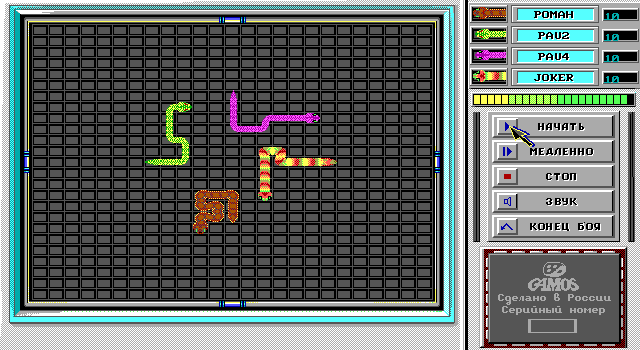

Oxford Academic is home to a wide variety of products.

This authentication occurs automatically, and it is not possible to sign out of an IP authenticated account.Ĭhoose this option to get remote access when outside your institution. Typically, access is provided across an institutional network to a range of IP addresses. If you are a member of an institution with an active account, you may be able to access content in one of the following ways: Get help with access Institutional accessĪccess to content on Oxford Academic is often provided through institutional subscriptions and purchases. The book concludes by considering how western powers can respond to the increasing ineffectiveness of their military model and examines likely strategic futures.
Battle snakes series#
It presents a series of case studies on nonstate actors (including Al Qaeda, Hezbollah, and Islamic State), Russia, and China, as well as sections on North Korea and Iran. It then explores ideas from social and evolutionary science-including social learning, natural selection, artificial selection, predator effects, and the distinction between concept-led peacetime innovation and wartime coevolution -to explain how adversaries adapt. The book begins with a historical overview of the period since the Cold War, framed by CIA Director James Woolsey’s 1993 comment that “we have slain a large dragon” (the Soviet Union) “but now we find ourselves in a jungle filled with a bewildering variety of poisonous snakes, and in many ways the dragon was easier to keep track of.” The book describes the selective pressures acting on adversaries as a result of the evolutionary fitness landscape created by western military dominance.

This book applies concepts from evolutionary science and military innovation to explore how state and nonstate adversaries of the Western powers have learned to defeat (or render irrelevant) the model of high-tech, expensive, precision warfare pioneered by the United States in 1991 and globally dominant since.


 0 kommentar(er)
0 kommentar(er)
